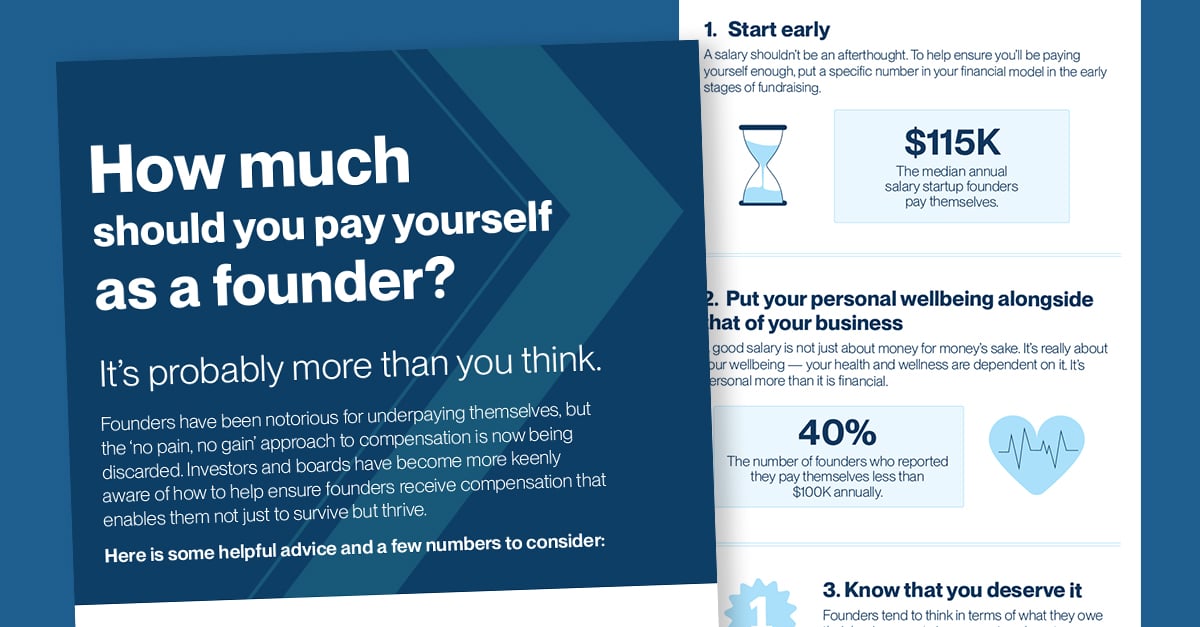We’re pleased to provide you with insights like these from Boston Private. Boston Private is now an SVB company. Together we’re well positioned to offer you the service, understanding, guidance and solutions to help you discover opportunities and build wealth – now and in the future.
An important component of your financial health is managing your credit. Kathleen Kenealy, Director of Financial Planning, reviews three key components of monitoring and using credit wisely.
Transcript
Jen: Hi, welcome to "Boston Private Perspectives." I'm Jen Dowd, the marketing director here at Boston Private, and today, I'm here with Kathleen Kenealy, director of financial planning. Hi Kathleen.
Kathleen: Hi Jen. Thanks for having me. It's great to be here.
Jen: Yeah. So, today we're going to talk about credit and why it's really important for everyone to pay attention to things like their credit score and how to use credit. So could you kind of give a brief overview of how you work with clients in helping them consider how to best use their credit?
Kathleen: Yeah, definitely. So, you know, while using credit wisely isn't as exciting and glamorous as picking the next big winner in the stock market, it really is an important part of maintaining your overall financial health. So, I think it's always important to start at the basics in understanding the difference between what your credit report is and what your credit score is.
So your credit report is your record of your credit history. It includes information on which companies have loaned you money, how much the loan is for, how often you make payments on time, and whether or not you missed any payments. There are three national credit reporting bureaus, Experian, Equifax, and TransUnion. And a lot of people don't know, but you are actually entitled to one free credit report from each of these credit reporting agencies each year, and you can go online to www.annualcreditreport.com to request a copy of your credit report.
And so, while you're allowed to request one free copy each year from each of these three, rather than requesting all three all at once, I usually recommend that you stagger them throughout the year so that you're periodically reviewing your credit report on an ongoing basis rather than just once every 12 months. It's really important to make sure you look for new credit inquiries, new lines of credit, new loans, etc. that you may not recognize because that's going to be a huge red flag that perhaps somebody is using your credit without your knowledge.
And your credit score, on the other hand, is a formula that measures your credit risk based on the information in your credit report. Your score gives lenders an idea of how likely you are to pay back a loan based on your credit history. FICO is the most widely used credit score even though others do exist. And most credit scores have a range of between 300 to 850 with a good score considered to be in sort of that highest 600 mid-700-point range. Keeping an eye on your credit score is important, as a high score can actually have an impact in many areas of your life. So with a higher score, you have a better chance of being approved for new credit or higher credit limits. You're going to qualify for better interest rates on other loans or say, for example, on your mortgage which will ultimately save you thousands of dollars in interest payments over the course of your lifetime.
Even landlords and employers have been known to check the credit scores of their potential tenants and employees. So not a lot of people understand how your score is actually calculated. And there are a number of different factors that go into it such as the number of your on-time payments, the length of your credit history, how much you owe, any new credit you have, and the different types of credit that you have. So, if your score needs some work, keep at it and don't give up.
Jen: So you mentioned making payments on time, and I think it's really...that naturally makes me think of credit cards. And I think it's really tending to see some of the offers that credit cards have, whether it's rewards or, you know, the different rates that they're offering. I know some people even just don't even want to have a credit card. So what are some of the common misconceptions that people tend to have around having a credit card?
Kathleen: Yeah, that's a great question. I have actually heard some people say that they don't have a credit card because they don't want to pay fees and interest. And while that is a valid concern, I think there is a misconception that, you know, just because you have a credit card doesn't mean that you're going to end up paying fees and interest. There are lots of no-fee credit cards out there that you can choose from. And even those, if you pick the right one for you, can help your money work harder for you by offering you travel points or cash back.
So I tend to think of it like this. If you're going to go spend $300 on something by swiping your debit card, which gets drawn out of your bank account automatically, or you can spend $300 by swiping your credit card, which gives you 1% cash back, which one would you rather choose? It seems like a no-brainer to me to use the one that will give you a little bit of more money back in your pocket. But the important thing is to make sure you pay off your credit card balance in full every month on time to avoid those interest charges and be mindful of the due dates. You know, late fees can really add up quickly if you're not careful to pay your bill on time.
Jen: Yeah, the reason I really like my credit card or one of the credit cards that I have is they monitor any fraudulent transactions that might occur. So, I think that's also a huge bonus, is some of the security that a credit card can provide.
Kathleen: Yep. Most definitely. I have also had issues with seeing fraudulent transactions on my credit card statement every once in a while. And I tend to use my credit card for pretty much every big purchase that I make and a lot of smaller ones. I do this because I go to a lot of financial planning conferences, and one of the most interesting conferences I went to, the keynote speaker was Frank Abagnale. Do you remember him? He was the con artist and check forger played by Leonardo DiCaprio in "Catch Me If You Can."
Jen: Oh, right.
Kathleen: Yeah. After serving his years in prison, he began working for the Federal Government and actually started his own financial fraud consulting company. And so, when he came and spoke to this audience of financial advisors, his words of advice to the audience were to always use your credit card for transactions as much as possible. You should always try to spend someone else's money before spending your own, especially in these days where we are seeing an increase in fraudulent transactions.
You're much better off trying to argue something with your credit card versus trying to get money put back into your checking account if you swipe your debit card. So, there are lots of places where I highly recommend using your credit card versus your debit card. For online transactions, any time you're doing anything online, swiping at your gas station, that's a big one, grocery stores, restaurants. You know, you never know who might be trying to steal your credit card information. So, I always recommend using your credit card versus your debit card in those situations.
Jen: Interesting. Great. Food for thought. Well, thank you, Kathleen. Anything else you want to add when it comes to credit that clients should think about?
Kathleen: I think that's about it. I would say, you know, get a copy of your credit report if you haven't looked at it recently. With everybody sitting at home right now, it's a great time to do that. And keep an eye on your credit score. Check your credit score periodically. A lot of banks and credit cards offer credit score monitoring for free right now. And a lot of services out there also give you recommendations on how to improve your credit score. So be mindful of that and use your credit wisely.
Jen: Great. Thanks, Kathleen.
Kathleen: Welcome.
Jen: And if you have any questions with us on our points today, we encourage you to reach out to your team at Boston Private, or you can visit us on bostonprivate.com. And if you found our chat today insightful, be sure to subscribe to the "Boston Private Perspective" podcast on Apple Podcasts, Spotify, or wherever you prefer to listen. And thank you.
This podcast is solely for informational purposes and is not a solicitation or an offer to buy any security or instrument, or to participate in any trading strategy. The opinions expressed and information contained in this podcast are given in good faith, may be subject to change without notice, and are as of the date issued. All sourced information is believed to be reliable but has not been independently verified.
This podcast discusses general market activity, industry or sector trends, or other broad-based economic market or political conditions, and should not be construed as personalized investment advice. The following does not represent a complete analysis of every material fact with respect to the topics covered herein. All investments carry a risk of loss. Neither BPW nor its investment professionals or representatives provide tax accounting or legal advice. Listeners should review any planned financial transactions or arrangements that may have tax, accounting, or legal implications with their advisors.
For additional information about us, please refer to our Form ADV disclosure brochure, which may be obtained by contacting us at 800-422-6172 or info@bostonprivate.com. Private banking and trust services are offered through Boston Private Bank & Trust Company, an Boston Company. Wealth management services are offered through Boston Private Wealth LLC, an SEC-registered investment advisor and wholly-owned subsidiary of Boston Private Bank & Trust Company. Boston Private Bank is an FDIC member and equal housing lender. Investments are not FDIC insured, not bank guaranteed, and may lose value.














